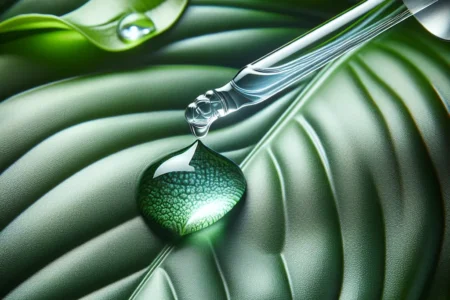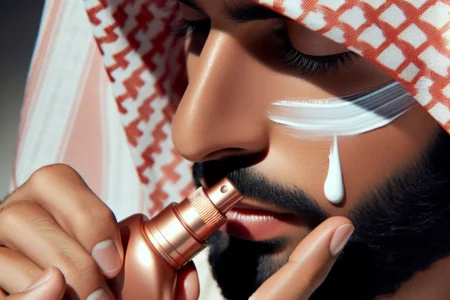The article “How Vitamin C Serums Can Transform Your Skin: The Ultimate Guide” provides a comprehensive insight into the benefits of incorporating vitamin C serums into your skincare routine. It emphasizes the transformative effects of vitamin C, such as its antioxidant properties that neutralize free radicals and promote skin health, including brightening the skin, reducing dark spots, and improving skin tone. Furthermore, the article highlights the role of vitamin C in collagen production, skin elasticity, and its potential to protect against UV damage. It also underlines the serum’s ability to promote smoother skin texture and address various skin concerns. Overall, the article encourages readers to consider the numerous advantages of using vitamin C serums for achieving healthier, more radiant skin, positioning it as a valuable addition to any skincare regimen.







